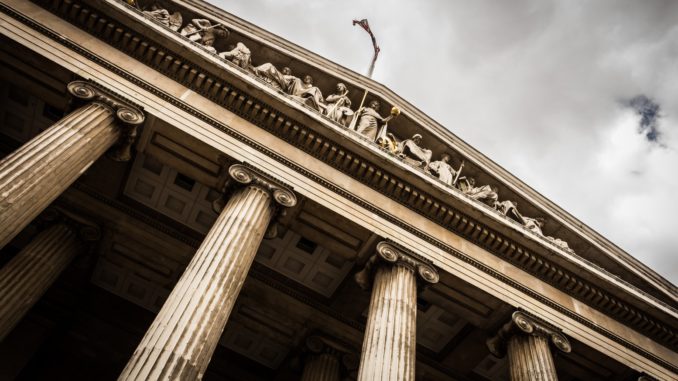
Dr Rob Hendry, medical director at the Medical Protection Society, explains why medical defence is still important for GPs – and their practices – even after the introduction of state-backed indemnity
This is an edited version of an article which first appeared on GP Connect.
Practising medicine can be an extremely rewarding career – I was a full time GP partner for 12 years – but when it comes to professional accountability, it can be high risk and complicated. Unfortunately, being held to account where there is a perception (perhaps wrongly) that something has gone wrong can be one of the most stressful things to happen to a GP in the course of their career.
Many GPs worry about being sued for clinical negligence. The majority of them focus only on the need for indemnity for compensation claims. Sadly, this is far from the case. Dealing with complaints, perhaps involving the ombudsman, giving evidence to coroner’s inquests, being referred for investigation by the GMC and, on rare occasions, facing criminal prosecutions are among the many other challenges that GPs can face.
Dealing with complaints
While a full-time GP can expect to receive two clinical negligence claims over a typical career, they can also expect to receive nine complaints, or professional challenges, during the same period. It is a common misconception that bad things happen to bad people and, if you’re a good GP, everyone else will see it that way. Unfortunately, this is not always the case and, even when no medical mistake has been made, a complaint or allegation could still occur – driven by a misconstrued interaction, poor communication or an emotionally volatile situation.
Complaints and claims are rarely expected and often come out of the blue. Many can be easily rectified with the right advice and support and few escalate in ways that can threaten a doctor’s professional livelihood or even their liberty.
However, GPs deal with such a diverse range of patients and ailments that they cannot expect to make the right diagnosis every time. Even if you are sure you’ve done nothing wrong, once a complaint is made, or a GMC investigation starts, there is always a sense that the doctor needs to prove their innocence, and that’s hard to do alone.
GMC hearings
Receiving a complaint to the GMC is always stressful; if the case proceeds to a ‘fitness to practise’ hearing it will also be very costly and require specialist representation – GPs without legal representation fair particularly badly. The vast majority of GPs (84%) erased from the register in recent years following a hearing had no legal representation, whereas nearly all GPs (91%) who do not receive a sanction had legal representation.
The Medical Protection Society can be there to protect you financially and emotionally, while providing you with the best expert and legal representation. Having an expert at the end of the ‘phone to help with practical and ethical dilemmas can make all the difference when you’re put in a distressing situation – someone there to support you through what could be the darkest days of your career and help protect your professional reputation every step of the way.
Dr Rob Hendry is medical director at the Medical Protection Society
Don’t forget to follow us on Twitter, or connect with us on LinkedIn!

Be the first to comment